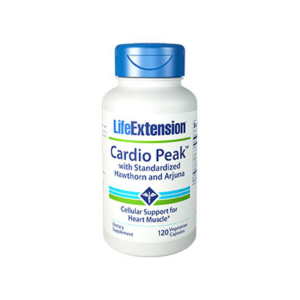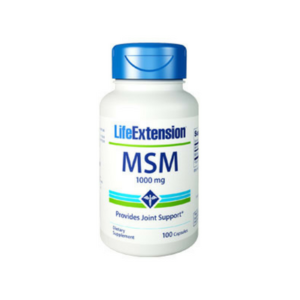Product
Melatonin 3mg #00330
$6.00
Melatonin increases the speed of falling asleep and adds to the quality of sleep. It also has a strong antioxidant property and is important for protecting cellular DNA.
Benefits at a Glance
- Promotes optimal sleep
- This formula contains 3 mg of melatonin
- Helps balance circadian rhythm and immune function
- Helps promote cellular DNA health
- Helps inhibit oxidative stress and free radicals
Description
More facts about Melatonin
Melatonin is a hormone derived from the amino acid tryptophan. Melatonin is primarily synthesized by our pineal gland and released mostly at night to make falling asleep easier. In addition to healthy sleep support, melatonin has strong antioxidant properties and has been shown to support immune health, and healthy brain function, and more.
Melatonin and sleep
A good night’s sleep is crucial for overall health and well-being. But many people experience difficulty falling asleep and staying asleep. Healthy sleep patterns are governed by your body’s circadian rhythm, and melatonin helps keep your circadian rhythm in tune. But melatonin release declines with age, and can be affected by jet lag, shift work, and even vision health.
The Melatonin and oxidation
Melatonin also has strong antioxidant properties. It directly scavenges both hydroxyl and peroxyl free radicals, and it does so more effectively than most other antioxidants. It also greatly potentiates the efficiency of other endogenous and exogenous antioxidants.
Melatonin is especially important for healthy cellular DNA support because it helps inhibit peroxynitrite free radical reactions. Melatonin has been found to be better than glutathione-3, vitamin C, and even vitamin E at helping to inhibit oxidative damage.
Melatonin and immune health
Melatonin has a beneficial impact on the immune system—it activates T-helper cells, which trigger other immune cells to boost immune system response to foreign molecules.
Melatonin and cognitive health
Age-related cognitive decline may be directly correlated to melatonin levels. Melatonin supplementation can help support the brain’s normal antioxidant protection, and help inhibit factors that can lead to cognitive decline.
Support optimal sleep and well-being. Add melatonin to your health regimen today!
For occasional sleeplessness.





Reviews
There are no reviews yet.